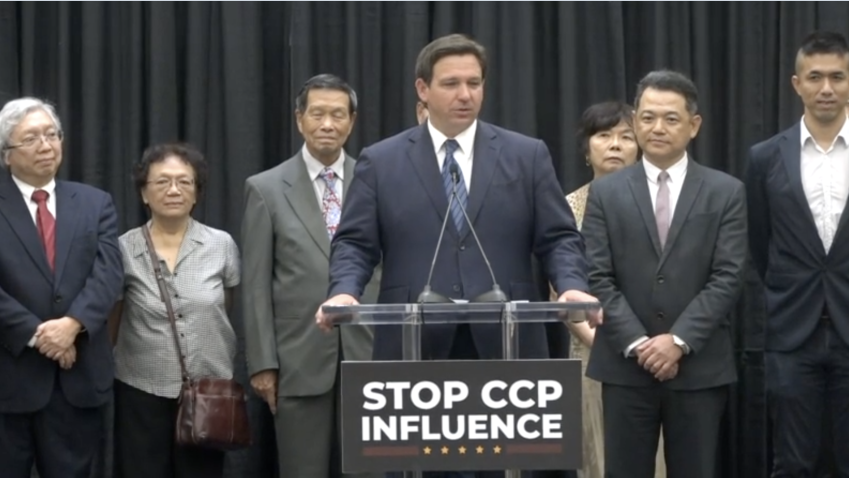The academic decoupling of the United States and China began a little more than five years ago after U.S. government agencies began to crackdown on academic collaborations, fearing that close ties between American and Chinese universities, scholars, and scientists were threatening the national security of the United States. The “China Initiative” launched by the Department of Justice in 2018 was the most public effort, though other agencies such as the National Institutes of Health also engaged in high-profile investigations. While the U.S. government has focused on the problem of non-traditional espionage in key scientific and technical fields—especially areas of dual use in civilian and military technologies—other concerns, such as academic freedom, self-censorship and transnational repression are also front and center.
In 2022, the Department of Justice announced the end of the China Initiative and a shift from a prosecutorial approach to one that is more collaborative with universities and which seeks out dialogue between federal agencies and university researchers who are most impacted by the narrowing space for open science. The federal government changed tactics not because it stopped caring about the problems of non-traditional espionage and academic freedom, but because their approach had yielded few public cases of espionage while triggering a huge backlash amid accusations that their methods constituted racial discrimination against Chinese and Chinese-Americans while driving global talent in science out of the United States. Recent research has demonstrated that the Department of Justice’s China Initiative curtailed U.S.-China academic collaboration, resulting in fewer publications and patents for U.S.-based scientists, and increased the number of Chinese-born scientists seeking to leave the United States.
However, U.S. state legislatures and state officials, often those running for federal office, have now taken up the mantle of a harsher, more punitive approach that seeks to severely roll back the presence of Chinese students and scientists on American campuses. These legislative changes at the state level are overtly discriminatory against individuals from “foreign countries of concern” and seek to bar Chinese students and scientists from research positions and to block them from staying in the United States, which the vast majority prefer to do.

